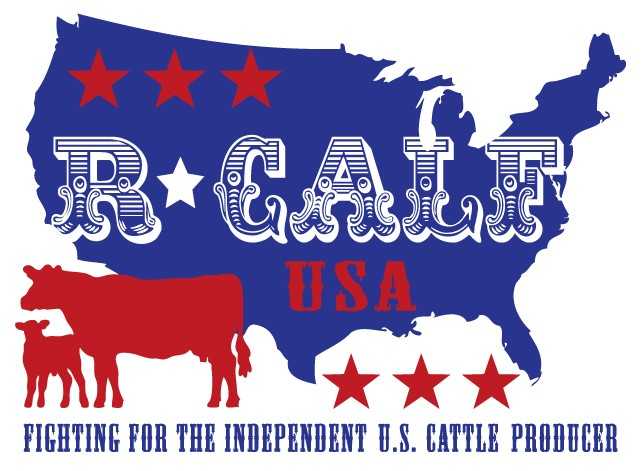![]()

Commentary by Bill Bullard, CEO, R-CALF USA
The new administration and new Congress are off and running, well at least they will be when the U.S. Senate confirms the rest of President Trump’s cabinet nominees.
What we need to do now is build support for the positions vital to reversing the decades-long, down-trending courses that both our domestic cattle and sheep industries are on.
To do that, we need a plan. There’s suddenly an intense focus on tariffs, and we’ve long advocated for tariffs and tariff rate quotas on cattle, beef, sheep, and lamb imported from countries that persistently maintain a trade surplus with the United States.
Here’s what I mean by that. Using the latest 2024 data we find we imported nearly 1 billion pounds of beef from Australia, but we exported only about 1 million pounds to them. We imported over 657 million pounds of beef from Brazil, but we exported only 120 thousand pounds to them. And we imported over 924 million pounds of beef from Canada, but we exported less than 232 million pounds to them. The same imbalance is found in our sheep trade. We imported over 250 million pounds of lamb and mutton from Australia, but we exported to them only 2 thousand pounds.
Each of these countries and several more maintain huge trade surpluses with the United States and, as a result, we are limiting our domestic cattle and sheep producers’ ability to rebuild their herds and to otherwise grow our domestic beef and lamb production capacity.
The solution is to impose tariffs and tariff rate quotas on these countries to ensure they cannot continually displace our domestic production capacity, which is contributing to the decline of our domestic cattle- and sheep-producing farms and ranches.
You can help by making calls and writing your members of Congress to urge them to begin imposing tariffs on these trade distorting countries.
Other immediate actions we need to reverse the decline of our family-scale cattle and sheep farming and ranching system of agriculture includes requiring mandatory country of origin labeling (MCOOL) for beef sold in America so consumers can choose from which country they want their beef produced. If you look in your grocery stores, you may find the American lamb label on lamb meat; and buying that American lamb will help to rebuild our fast-shrinking U.S. sheep industry.
And then there’s the problem with the government’s encroachment into the day-to-day management decisions of America’s cattle and sheep producers as exemplified by the Biden administration’s mandate that cattle producers affix an electronic identification eartag on their adult cattle as the only officially recognized form of animal identification, thereby eliminating a producer’s choice in determining what type of animal identification device best fits their individual business operation.
We also need the Trump administration to follow through with the rules started under the Biden administration to prohibit unfair, deceptive, and unjustly discriminatory buying practices of the highly concentrated meatpackers. These rules are needed to implement the Packers and Stockyards Act that Congress passed to ensure independent livestock producers would not be subject to abusive marketing practices emanating from our nation’s highly concentrated meatpacking industry.
And then we need Congress and the administration to reestablish our relaxed import standards for countries that pose a heightened risk of introducing dangerous foreign animal diseases and pests into the United States. The first step that Congress should take is to reverse the Biden administration’s recent approval for the importation of fresh beef from Paraguay, which is a country not free of foot-and-mouth disease (FMD).
While these first five reforms will help restore a more competitive environment for domestic producers, we need another to restore the lost competition in our cattle markets. This can be accomplished by prohibiting the unpriced forward-type contracts that packers use to procure cattle without having to negotiate a price, and by forcing the packers to purchase at least 50 percent of their cattle needs from the competitive cash market.
To summarize, here’s the first six reforms we seek:
- Enact tariffs and tariff rate quotas to level the playing field in the trade of cattle, beef, sheep and lamb.
- Enact Mandatory Country of Origin Labeling (MCOOL) for beef.
- Overturn the mandatory electronic identification requirement for cattle.
- Follow through and finalize the rules needed to implement and enforce the Packers and Stockyards Act.
- Overturn the Fresh Beef from Paraguay rule that exposes our industry to an unnecessary and avoidable risk of FMD.
- Prohibit unpriced formula contracts and require packers to purchase at least half their cattle needs from the competitive cash market.
We need your help in convincing Congress and the administration to help reverse the decline of our nation’s cattle and sheep farms and ranches and your calls and letters to Congress will certainly help.
